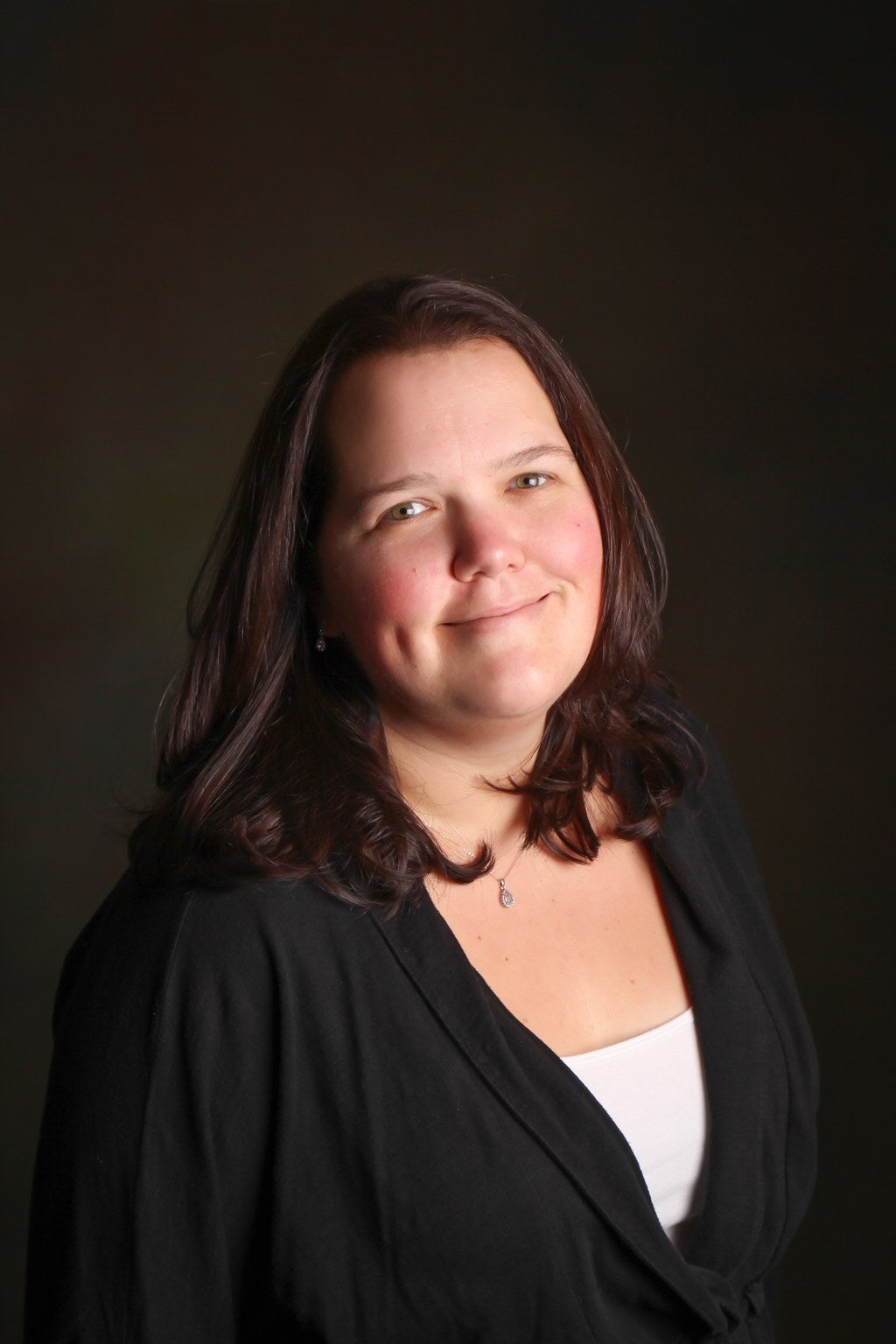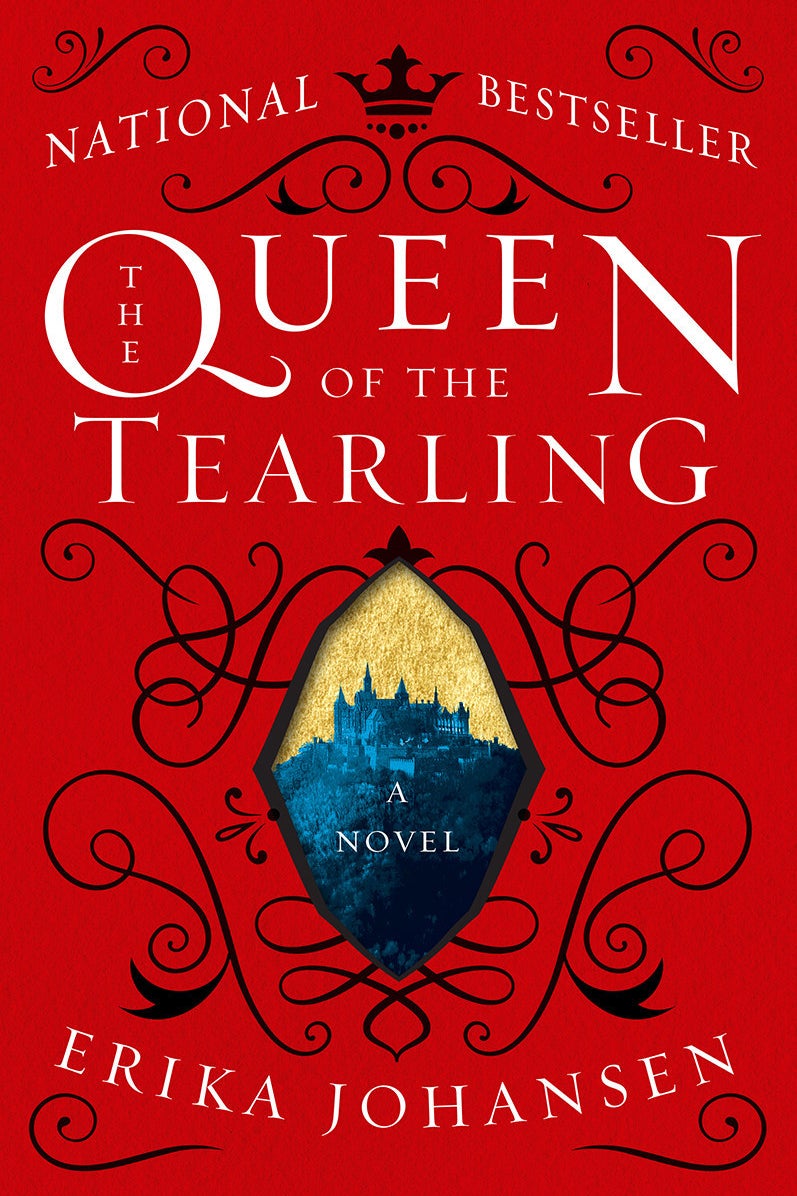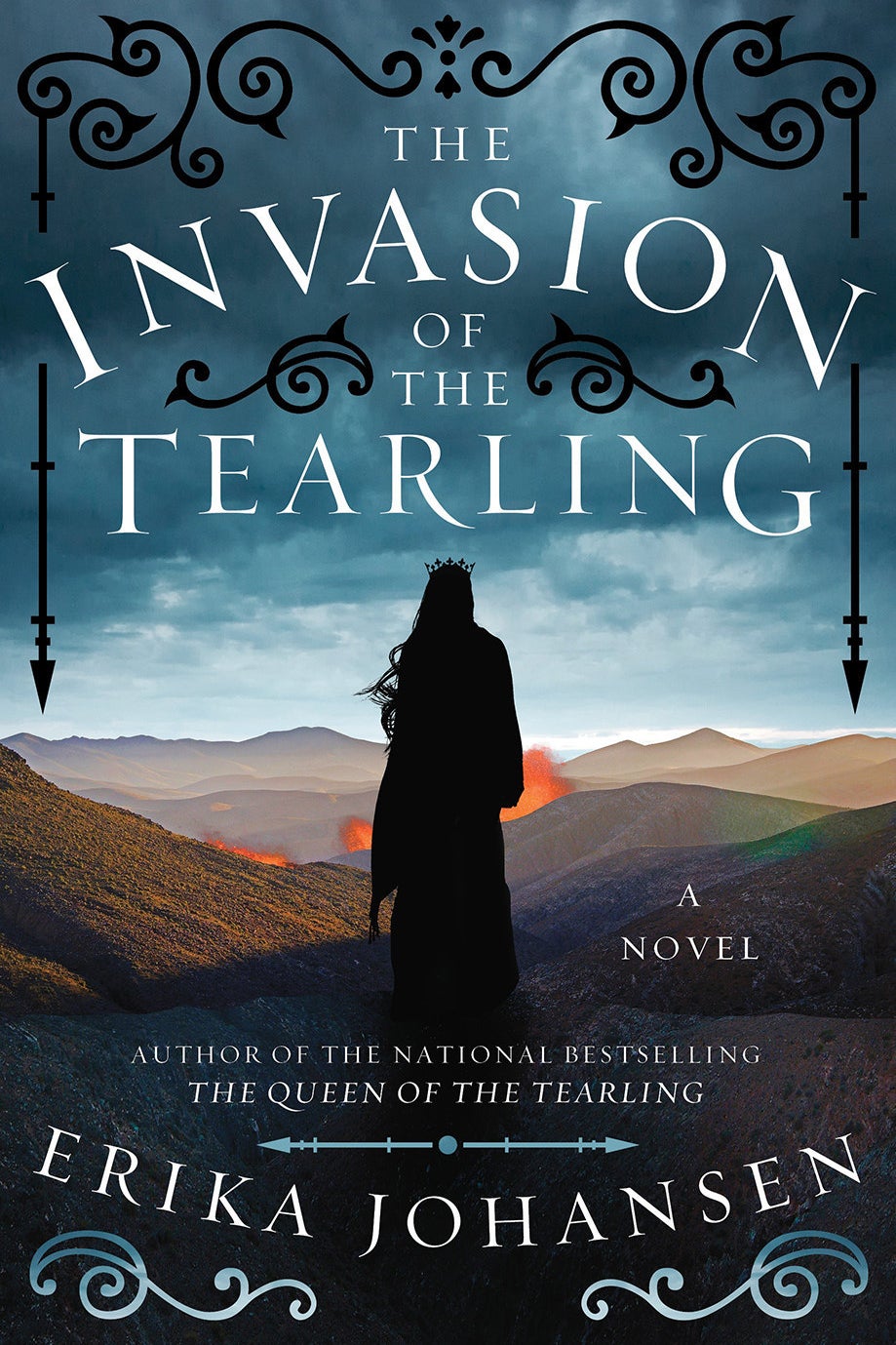

The Invasion of the Tearling, the second installment in Erika Johansen's best-selling The Queen of the Tearling trilogy, was released earlier this month. Roxane Gay, author of Bad Feminist and An Untamed State, interviewed Erika about the new book and her writing in general.

Roxane Gay: What are some of the challenges of writing a trilogy? What are some of the pleasures? What do readers who have missed out on the amazing The Queen of the Tearling need to know before they dive into The Invasion of the Tearling?
Erika Johansen: The greatest challenge for me was the fight to keep my trilogy a unified story. I know that, even in a continuing series, many readers expect discrete books to achieve some sense of closure. But, with a few exceptions, I generally find this disappointing. I want one long, continuous story, and I don't like revelations and resolutions to come too soon or be simplified. In real life, we rarely learn all the answers in a stunning climax; I like to discover the story and the world just as the characters do. So the first caveat I would give to readers is that I will not help them out with what they missed. I am committed to revealing this world little by little, to giving the reader only as much information as she needs to follow the story, to not selling the big picture short for the sake of one installment. Some readers may find that frustrating, but I think readers like me will enjoy it.
RG: Kelsea tackles some pretty difficult issues in both The Queen of the Tearling and The Invasion of the Tearling. How do you know how much your characters can endure? How do you balance darkness and light in your fiction?
EJ: Well, Kelsea's easy because she can endure more or less anything. She's a tough piece of work. I like to read about the dark, and write about the dark, but I'm not wholly pessimistic. Every once in a while, even in a dark fantasy, I think we need small rays of light. It's like watching states pass innumerable TRAP bills, and then watching San Francisco come out to cheer on the Batkid. It's important to remember that, even when the world is deeply grim and one feels one can do nothing about it, small moments of connection can keep us moving forward. The brighter moments in my book serve that need in me, and hopefully in readers as well.
RG: Why do you write fantasy? Are genre designations important to you?
EJ: It wasn't really a choice. I got tired of writing about the real world. I wanted to write horror stories, but it turns out I'm terrible at being scary. So I more or less just threw out the entire playbook and decided I would write a story where anything could happen, without worrying about genre rules. The Tearling is the result, and although the books have been pegged as fantasy, I'm not sure they fit comfortably there. Genre distinctions are useful; it's nice to be able to find all the horror books grouped together at the bookstore. But the need to rigidly adhere to these rules can become counterproductive. Some of the best books I've ever read don't fit comfortably anywhere, and it's a pity that they had to be shrunk to fit one size.
RG: How do you build this world that is familiar but so different from the one we know?
EJ: Since I'm writing about human beings, world-building generally comes very comfortably and naturally. It's familiar because humanity really doesn't change — except perhaps over millennia — and so the question is always: If I take a bunch of people just like ourselves and set them down in this new situation, how will they react? What world will they create for themselves? Sadly, in The Tearling, they are busily re-creating the same unequal society we have now.


RG: How has Kelsea Glynn grown between the first and second books?
EJ: Kelsea has matured a bit and consequently lost some of her idealism. She's a queen, but she's also a teenager, so she's experiencing a pretty healthy sexual drive as well. Probably the biggest change I see in her is that she's finding out that — unfortunately — she can't effect change with just good principles and a library. She feels far more hopeless in Invasion, and rightly so.
RG: If Kelsea had a theme song, what would it be?
EJ: "Not a Pretty Girl" by the great Ani DiFranco.
RG: In The Invasion of the Tearling Kelsea has an intimate encounter. I'm being a bit coy because I don't want to give too much away but I loved this scene. It felt so true to the character and her place in life. How did you know it was time for Kelsea to explore this side of herself? Will we see more of such intimacy in book three?
EJ: The easiest answer is this: Kelsea is 19. She's 19 and sick of being a virgin, so she decides to do something about it. In terms of character, I though it fit well because Kelsea wants to be an adult, wants to be treated like an adult, and sometimes even needs to prove to herself that she's an adult. Here is an easy avenue, or so she thinks. Sex is a perfectly healthy outlet for the stress Kelsea is experiencing, but the encounter is not particularly romantic because, as always, Kelsea doesn't have time for that. Her emotional energy is needed elsewhere. And really, if I'm being honest, I'm on a continuing quest to prove that stories about women can succeed without a token cookie-cutter romance thrown in. Kelsea may fall in love someday, but if she does, her relationship, like most real ones, will be extremely complicated.
RG: Who have been some of your literary or creative influences? What is a book you love that might surprise your readers?
EJ: My biggest overall influence has been Stephen King. Also Sara Paretsky, whose V.I. Warshawski is my go-to model in characterizing a tough female protagonist. Toni Morrison, Tolkien, Faulkner, Tom Wolfe, Marion Zimmer Bradley, and Agatha Christie also show up near the top of the list. As far as surprises: Gone With the Wind. It's certainly a racist novel, a necessary criticism that needs to be part of the discussion. But personally, I find Scarlett O'Hara to be one of the most original and well-developed heroines I've ever encountered on a page. She's selfish, spoiled, ambitious, and greedy…but tough. Tough as nails, and I root for her every single time. She's a miracle of characterization.
RG: What do you like most about your writing?
EJ: Watching my characters come to life. I have to fight to care about setting, and plotting is often an incredible slog for me. But I could sit down all day and have fun with my characters, because they so often take on their own lives and slip my control.
***
Roxane Gay lives and writes in the Midwest. She is the author of three books including Bad Feminist.
